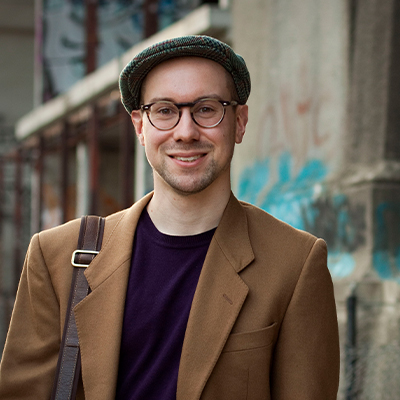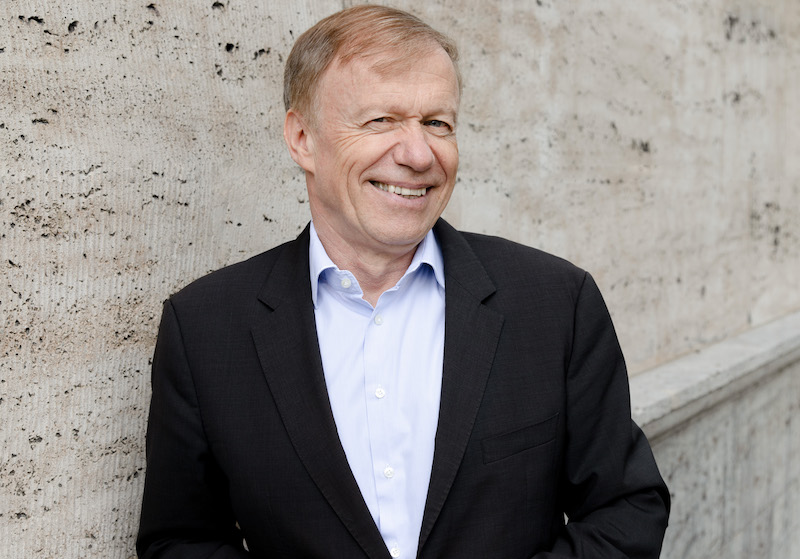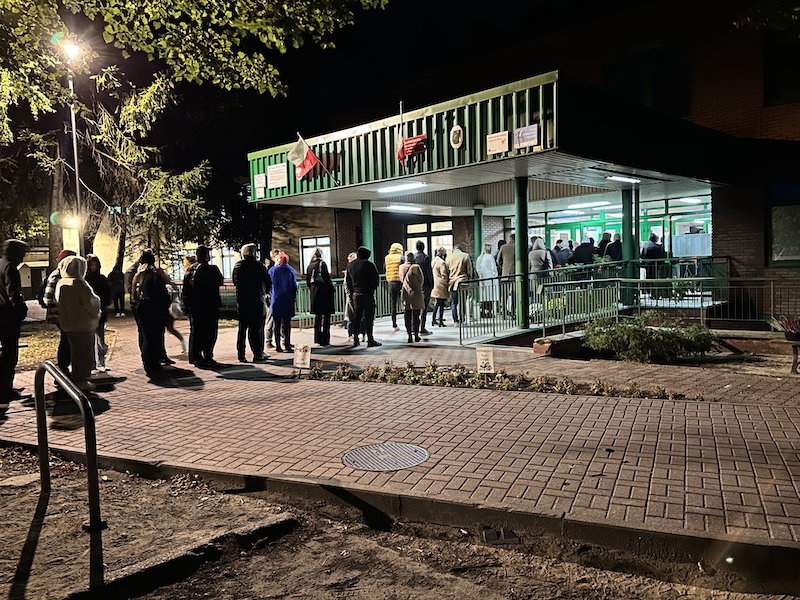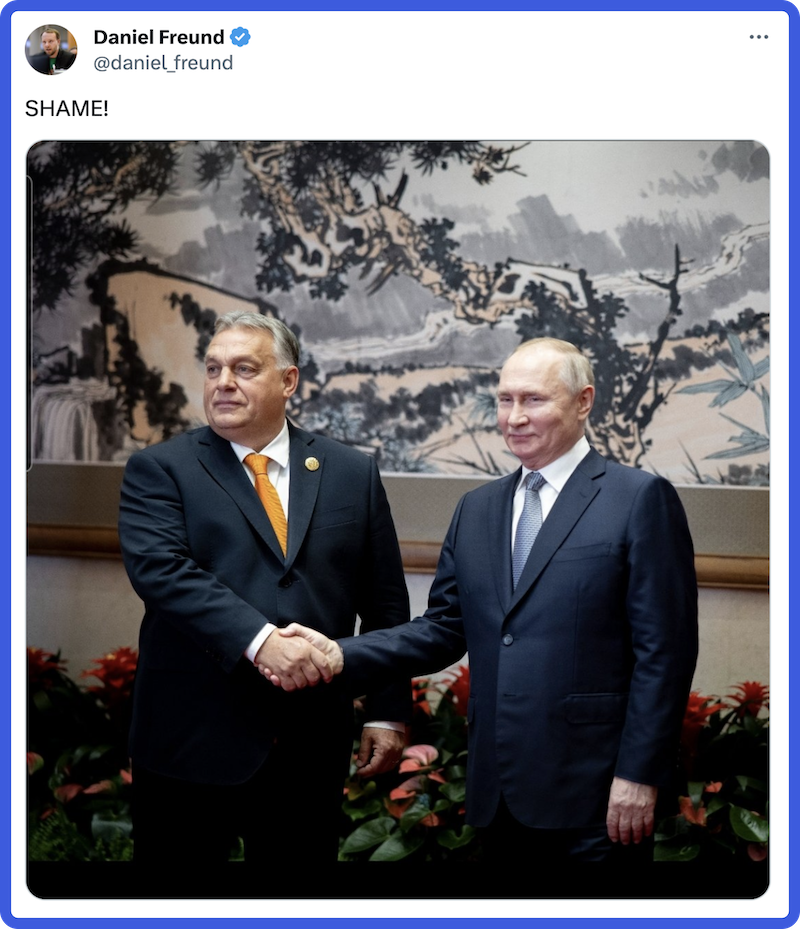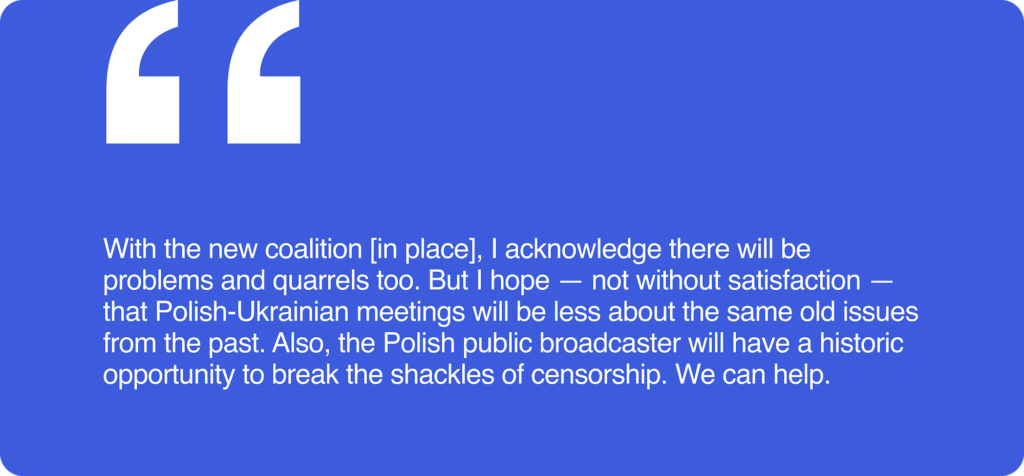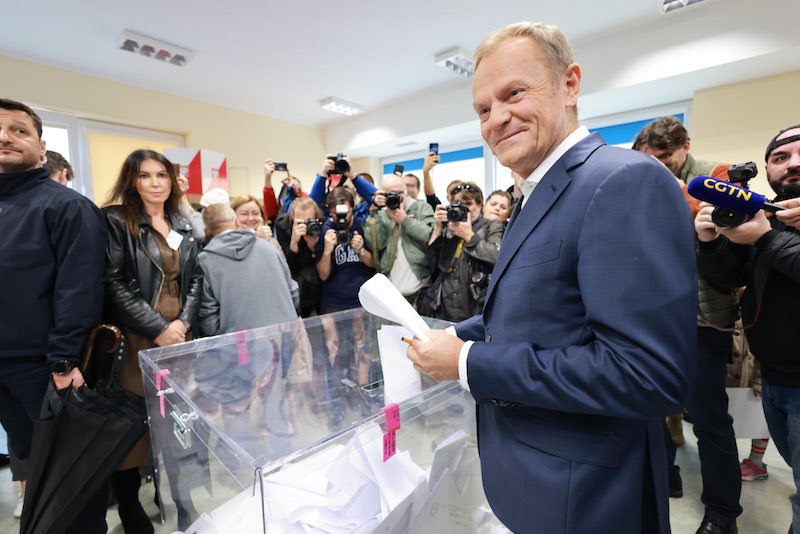There are hopes that German-Polish relations can become less tense, says Rolf Nikel, vice-president of the German Council on Foreign Relations (DGAP) and a former German ambassador to Poland. He has recently published a book on Polish-German relations.
As Poland’s government is about to change, many people are hoping for a better and more constructive relationship with Germany. Is that hope justified?
With the opposition’s unexpectedly clear victory in the Polish parliamentary elections, Poland has made a powerful return to the European stage. This victory must now be translated into the formation of a stable government.
There are justified hopes that Polish foreign policy as a whole will become more predictable again and that relations with Germany will become significantly less tense. However, a simple return to the pre-2015 era will hardly be possible; but, a different rhetoric and a positive climate for talks would create good conditions for a new start of the relations.
In which areas do you see the greatest challenges in German-Polish relations?
The biggest challenge at the moment is the joint shaping of Europe’s eastern policy. By insisting on integrating Russia into the security architecture in Europe, Germany has been losing a lot of credibility in the past, which now needs to be regained.
Poland must also rebuild trust by arranging judicial reform in line with basic European norms. Also, differences of opinion on migration policy will not disappear anytime soon.
Where do you see the largest potential for joint German-Polish initiatives?
The chances for a fresh start are good. The common shaping of the future European Eastern policy on an equal footing is currently the priority. In this context, intensifying cooperation in the Weimar Triangle with France and Poland, including Kyiv on all issues concerning Ukraine, would be highly desirable.
While compensation for German crimes in World War II is legally settled, voluntary payments within a limited financial scope based on a moral responsibility of Germany make sense. The planned German-Polish House of Remembrance and Encounter in Berlin, mandated by the German Bundestag, should be moved forward quickly.

